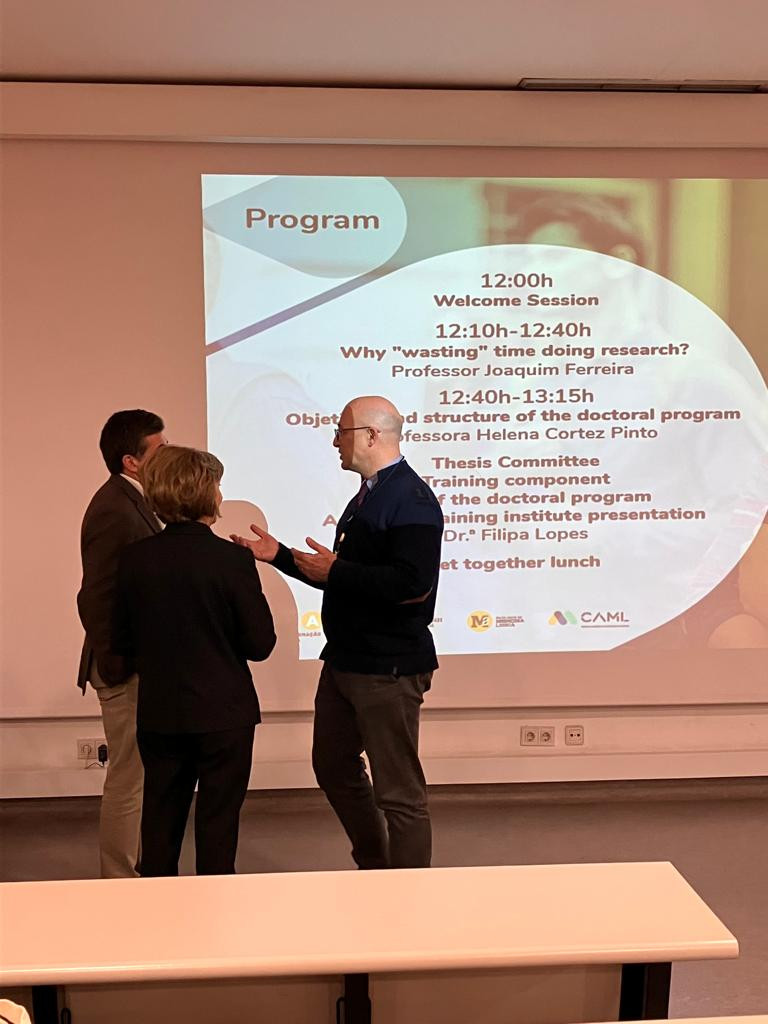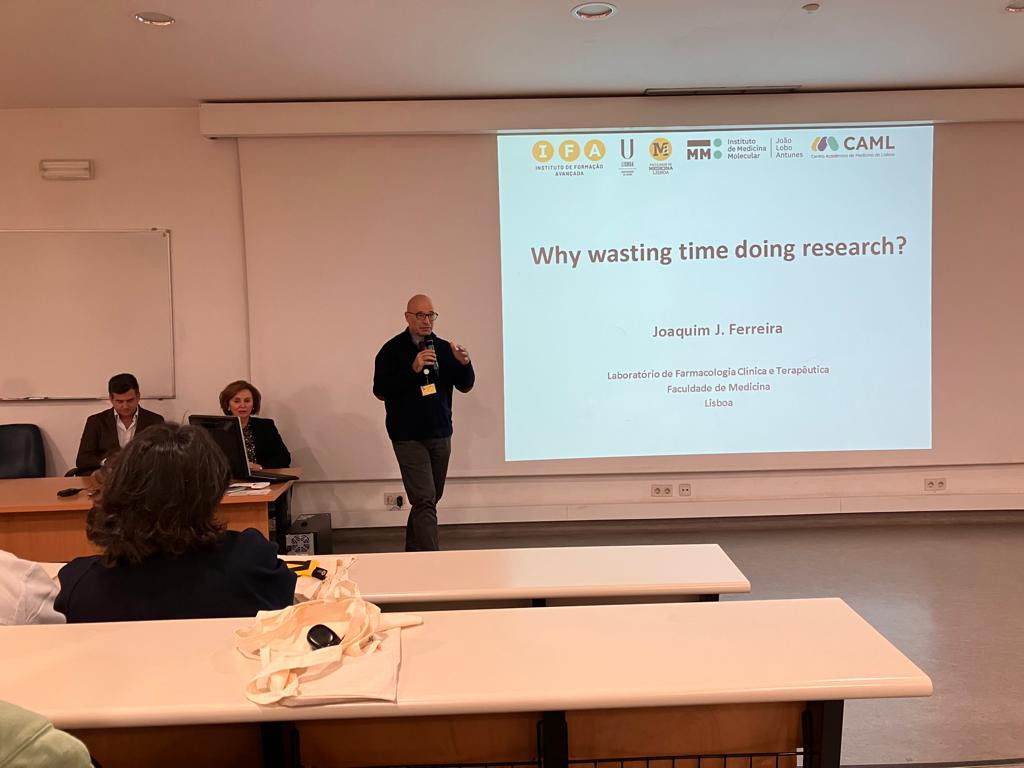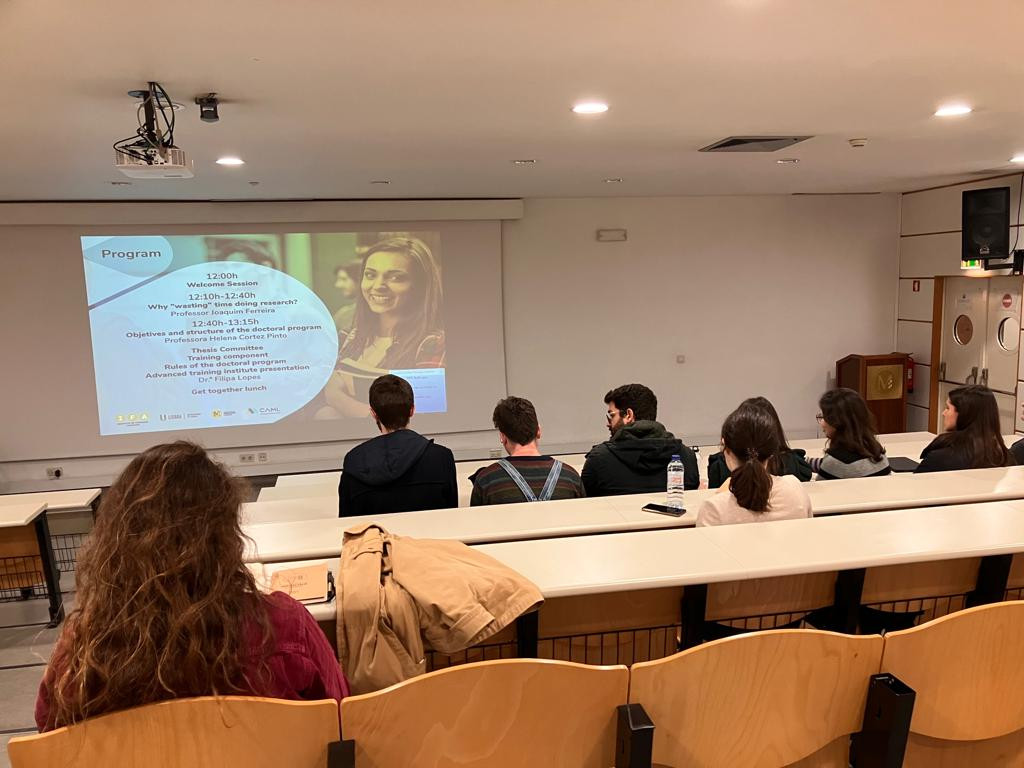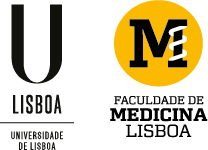
Entering the weekend, it was day to welcome our CAML PhD students, who came from various corners of the world, which meant that the presentation had to be given in the most universal language known: English.
The director of FMUL, Professor João Eurico da Fonseca, was the first to speak as the head of Lisbon School of Medicine, the institution to which these students are connected. He highlighted the unique role that CAML offers for studying, for being composed of a faculty, a research center, and a hospital that is the largest in Portugal, "unique conditions in the country, if not in the world", he stated.
Although they can benefit from the Campus, which is composed of the Santa Maria Hospital, FMUL, and even iMM, it is the Faculty that they belong to.

Joaquim Ferreira, director of the Institute for Advanced Training (IFA) spoke to the students as a physician, but above all as a researcher. Questions like "why spend time doing research?", one of the slogans of this talk, or "what is it to be a researcher" were discussed with the direct intervention of the students seated in the audience, but the answer came from a phrase that he brought and that was part of his presentation, "I used to think that clouds were just clouds. I never dreamed you could write equations to explain them, and I love it." Inez Fung's, MIT's climatologist, answer more or less gives the dimension of this work that seems to have no limits, or that helps to draw limits, but by the stamp of those who investigate it. "To investigate is to see the world in a different way. It's almost divine" the professor ventured, drawing a few laughs from the audience.

To be a researcher you have to be curious, seek answers to life's fundamental questions, and be aware that the work you do has direct consequences on people's lives. Working with rigor and honesty, in partnership and belonging to a community helps to create, to develop ideas and to get answers more easily. Professor Helena Cortez-Pinto emphasized exactly this aspect, "not wanting to take the lead alone" and the need "to work in groups because it's easier to point in a direction. If you want to change something it has to be together" and highlighted "the responsibility in each one of us to change", making this change possible for the benefit of all.
The most formal and structural part of the course was also presented, as well as the team and resources that are available to support the students over the next few years.


